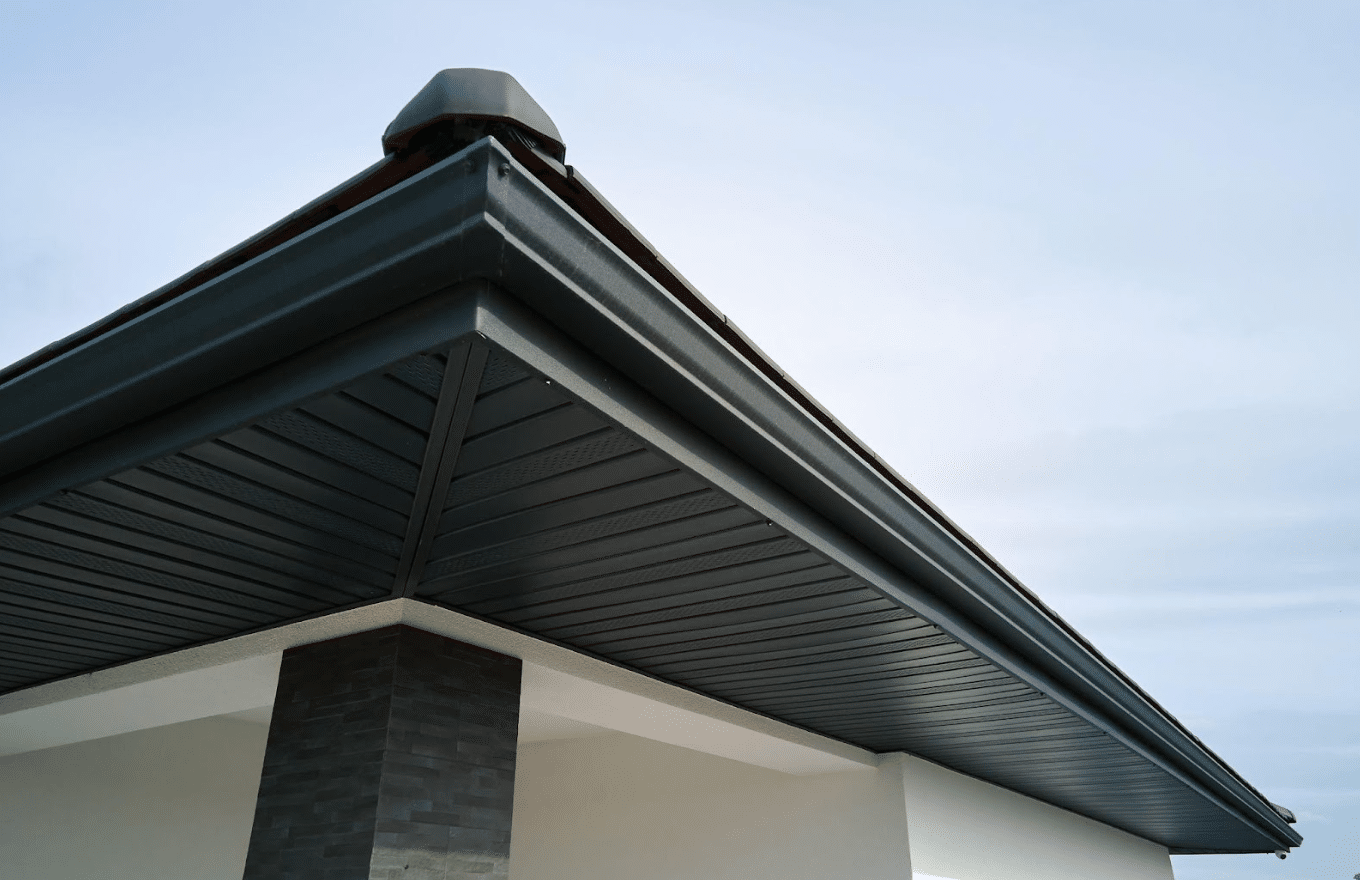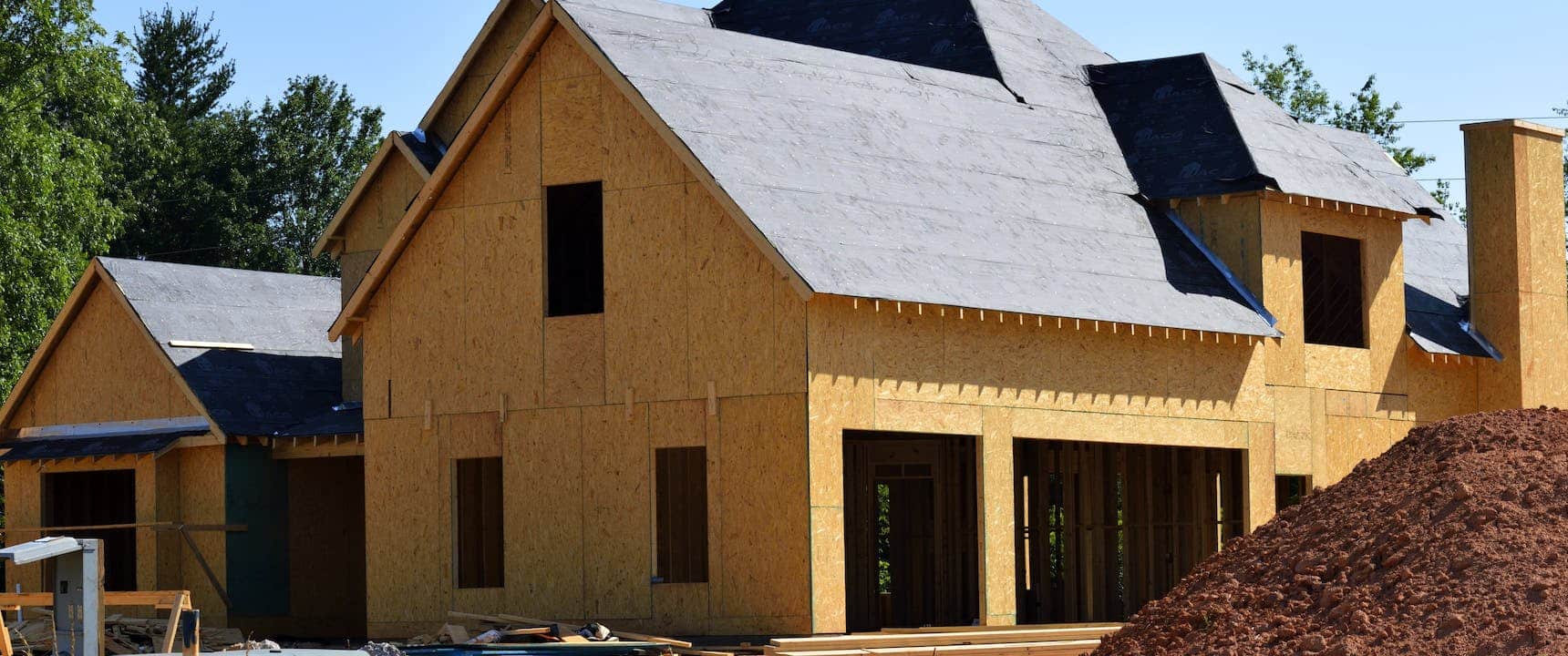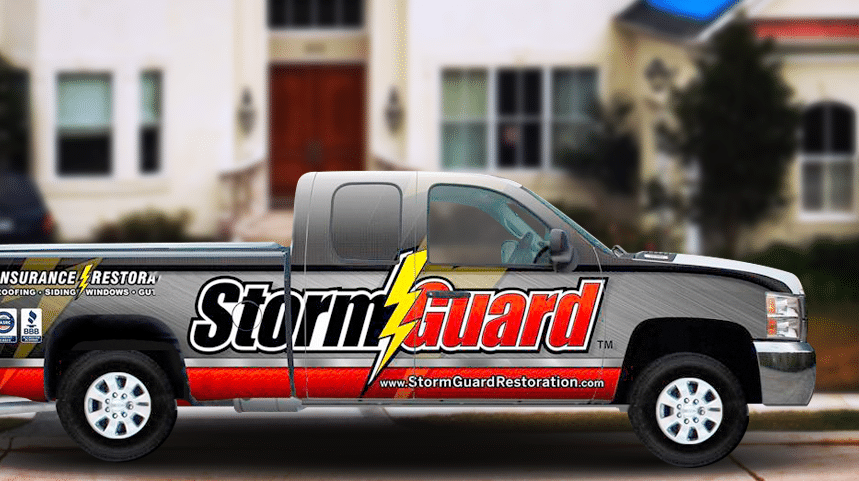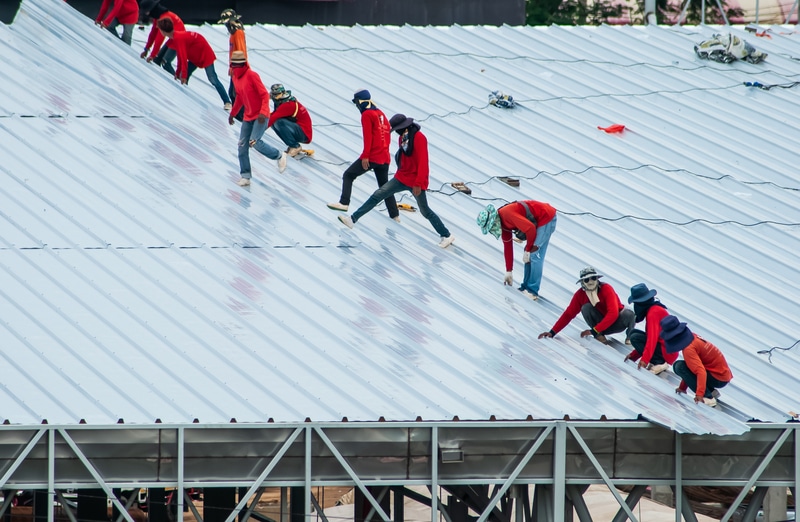
Gutters may not be the most glamorous feature of your home, but they play a critical role in protecting its structural …

Asphalt or clay? Solar or metal? When it comes to roofing materials, you have a whole lot of choices – more than you probably even realized. And while having many options at your disposal can be a good thing, it often makes narrowing down your selection to just one roofing type a challenge.
In this post, we’ll help you understand everything you need to know about different roofing materials on the market so you can best determine which type is right for your Austin home, budget and lifestyle. Specifically, we’ll discuss
If you have questions about your roof or what to expect when replacing your roof, please give our team at Storm Guard of SW Austin a call today at 512-877-8998.
Let’s get started.
Asphalt shingles are the most common type of roofing materials in Texas. Relative to many types of roofing materials, they’re inexpensive yet durable enough to withstand numerous weather conditions.
While they won’t last forever (a traditional 30-year shingle might get you 25 years if it stays very well maintained), they do hold up fairly well against the sun, wind and rain we experience in Austin. They’re also lightweight and come in a variety of colors to meet your design goals.
Asphalt shingles are a popular choice for Texas homeowners because of their ease of installation (it usually just takes a few days) and their price tag. Relative to other roofing types, asphalt shingles are the most budget friendly.
Solar roofs are the way of the future, and the main options on the market today are solar roof panels and solar shingles, or solar tiles. Whereas solar panels can be attached directly to your traditional asphalt-shingled roof, solar tiles can effectively replace your existing roof’s shingles.
The lifespan of solar shingles will vary by manufacturer and installation, but you should expect them to last more than 20 years. Before making your final product decision, it’s worth researching your options and understanding manufacturers’ warranties, as they also can vary.
Metal is one of the most durable and long-lasting roofing materials, yet it’s not nearly as common as asphalt shingles for residential properties. If you’re considering metal as a roofing material for your Austin home or business, factors such as durability, lifespan and efficiency should be top-of-mind.
Metal roofs can last upwards of 40-70 years and many come with extensive manufacturer warranties. A couple downsides are that they can be quite noisy during rainstorms and they are also more expensive than asphalt shingles.
An additional caveat – if your metal roof gets dinged from a hailstorm, you have to replace a whole panel (rather than potentially a few shingles). And, assuming the damage is aesthetic and not structural, your insurance will not likely cover it – which adds up to an expensive repair.
The aesthetic of clay roofing tiles is hard to beat. They add an instant Mediterranean charm to any home. But more than just beautiful, clay roofing tiles are also durable and environmentally friendly. They have the strength to withstand high winds and tornadoes and are easy to recycle because they are made from natural materials.
Clay roof tiles can last upwards of 100 years in Central Texas. By contrast, metal roofs come in second at nearly 70 years, whereas traditional asphalt shingles are lucky to push 20 years.
Each roofing material type offers advantages and disadvantages. Depending on your budget, lifestyle and goals, you may find yourself swaying toward one type over another. Here are some factors to consider when selecting a roofing type for your Austin property.
Roofs have a reputation for being out of sight, out of mind…until there is a problem. Please don’t wait for a problem to check on your roof!
Regardless of the type of roof you have, keeping up with maintenance can help prolong the lifespan of your roof, save you money and offer you peace of mind.
Simple things like ensuring your gutters are clear and free of debris can be done yourself. For a more complete roof inspection, give us a call at Storm Guard of SW Austin for help. Moreover, you’ll want to be sure your attic ventilation is also sufficient for your roof. Proper ventilation in your attic can prolong the life of your roof and enable your home to work most efficiently from an energy perspective.
To have your roof checked for adequate ventilation or to ask any of your questions about residential and commercial roofs in Texas, get in touch with our team at Storm Guard of SW Austin.

Gutters may not be the most glamorous feature of your home, but they play a critical role in protecting its structural …

Watch for Warnings Tornadoes can form when there are two different speeds of wind at different altitudes. This creates a …

In a very short amount of time, Storm Guard Restoration has become a leading name in restoration, providing people all …

Ask any roofing professional how frequently you should inspect your roof, and they’re going to tell you at least twice …

ROI is frequently top of mind when it comes to any kind of home improvement investment. Even if you’re not …

First impressions matter, and your commercial property’s appearance is often what your customers notice. A well-maintained commercial roof gives your …